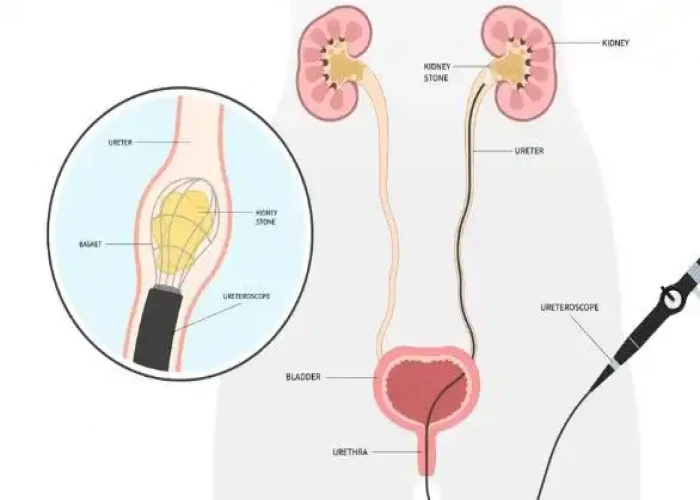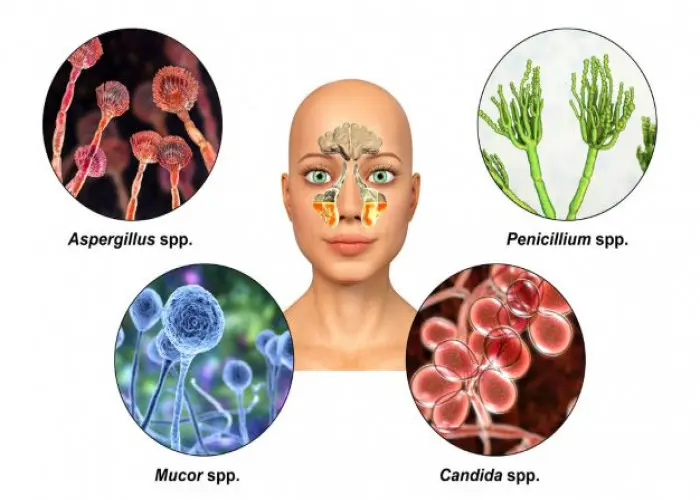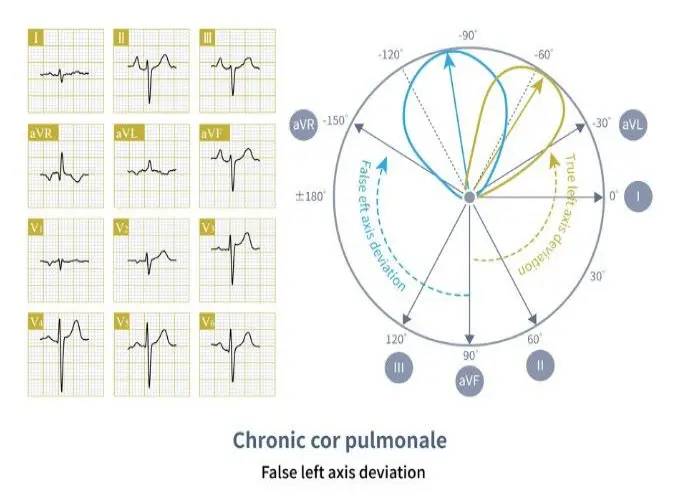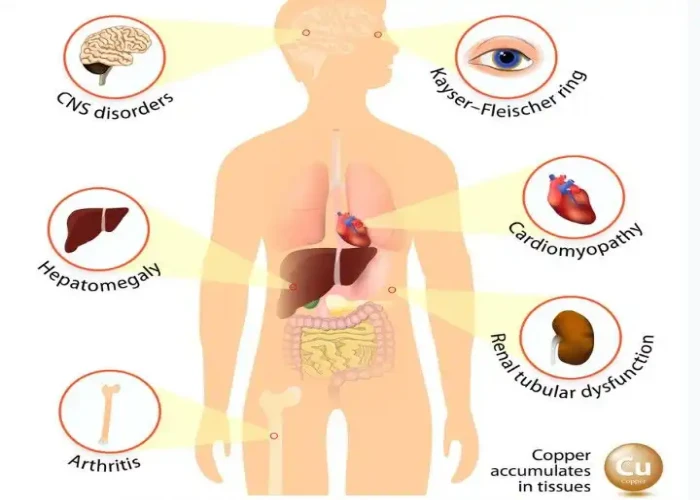 Welcome
Welcome
“May all be happy, may all be healed, may all be at peace and may no one ever suffer."
Wilson's disease

Wilson's disease is a rare genetic disorder that causes copper to accumulate in the body, leading to damage of the liver, brain, and other organs. It is caused by a mutation in the ATP7B gene, which plays a role in the body's ability to process and excrete copper. The disease is named after Samuel Alexander Kinnier Wilson, who first described the condition in 1912.
The symptoms of Wilson's disease can vary widely and may include liver disease, neurological problems, psychiatric symptoms, and other health issues. Common symptoms of liver disease include fatigue, abdominal pain, jaundice, and liver failure. Neurological symptoms may include tremors, difficulty speaking, poor coordination, and muscle stiffness. Psychiatric symptoms can range from depression and anxiety to psychosis and personality changes.
Diagnosis of Wilson's disease typically involves a combination of blood tests, urine tests, and imaging studies to assess copper levels in the body and identify any damage to the liver or other organs. Treatment typically involves medications to remove excess copper from the body and to prevent it from accumulating in the future. In some cases, liver transplantation may be necessary to treat severe liver damage.
Early diagnosis and treatment of Wilson's disease are important to prevent serious complications and improve outcomes for individuals with the condition.
Research Papers
Disease Signs and Symptoms
- Fatigue (Tiredness)
- Abdomen pain
- Loss of appetite
- Yellowing of skin and eyes (jaundice)
- Fluid buildup in abdomen (ascites)
- Fluid buildup in abdomen (ascites)
- Muscle stiffness may occur in any part of the body.
- Golden-brown eye discoloration (Kayser-Fleischer rings)
Disease Causes
Wilson's disease
Wilson's disease is inherited as an autosomal recessive trait, which means that to develop the disease you must inherit one copy of the defective gene from each parent. If you receive only one abnormal gene, you won't become ill yourself, but you're a carrier and can pass the gene to your children.
Disease Prevents
Disease Treatments
Your doctor might recommend medications called chelating agents, which bind copper and then prompt your organs to release the copper into your bloodstream. The copper is then filtered by your kidneys and released into your urine.
Treatment then focuses on preventing copper from building up again. For severe liver damage, a liver transplant might be necessary.
Medications
If you take medications for Wilson's disease, treatment is lifelong. Medications include:
- Penicillamine (Cuprimine, Depen). A chelating agent, penicillamine can cause serious side effects, including skin and kidney problems, bone marrow suppression, and worsening of neurological symptoms. Penicillamine should be used cautiously if you have a penicillin allergy. It also keeps vitamin B-6 (pyridoxine) from working, so you'll need to take a supplement in small doses.
- Trientine (Syprine). Trientine works much like penicillamine but tends to cause fewer side effects. Still, neurological symptoms can worsen when taking trientine.
- Zinc acetate (Galzin). This medication prevents your body from absorbing copper from the food you eat. It is typically used as maintenance therapy to prevent copper from building up again after treatment with penicillamine or trientine.
- Zinc acetate might be used as primary therapy if you can't take penicillamine or trientine. Zinc acetate can cause stomach upset.
Your doctor might also recommend other medications for symptom relief.
Surgery
If your liver damage is severe, you might need a liver transplant. During a liver transplant, a surgeon removes your diseased liver and replaces it with a healthy liver from a donor.
Most transplanted livers come from donors who have died. But in some cases a liver can come from a living donor, such as a family member. In that case, the surgeon removes your diseased liver and replaces it with a portion of the donor's liver.
Disease Diagnoses
Disease Allopathic Generics
Disease Ayurvedic Generics
Disease Homeopathic Generics
Disease yoga
Wilson's disease and Learn More about Diseases

Ureteral obstruction

Acute sinusitis

Epilepsy

Mittelschmerz

Cor Pulmonale

Vaginitis

Asbestosis

ARDS
wilson's disease, উইলসন ডিজিজ
To be happy, beautiful, healthy, wealthy, hale and long-lived stay with DM3S.
